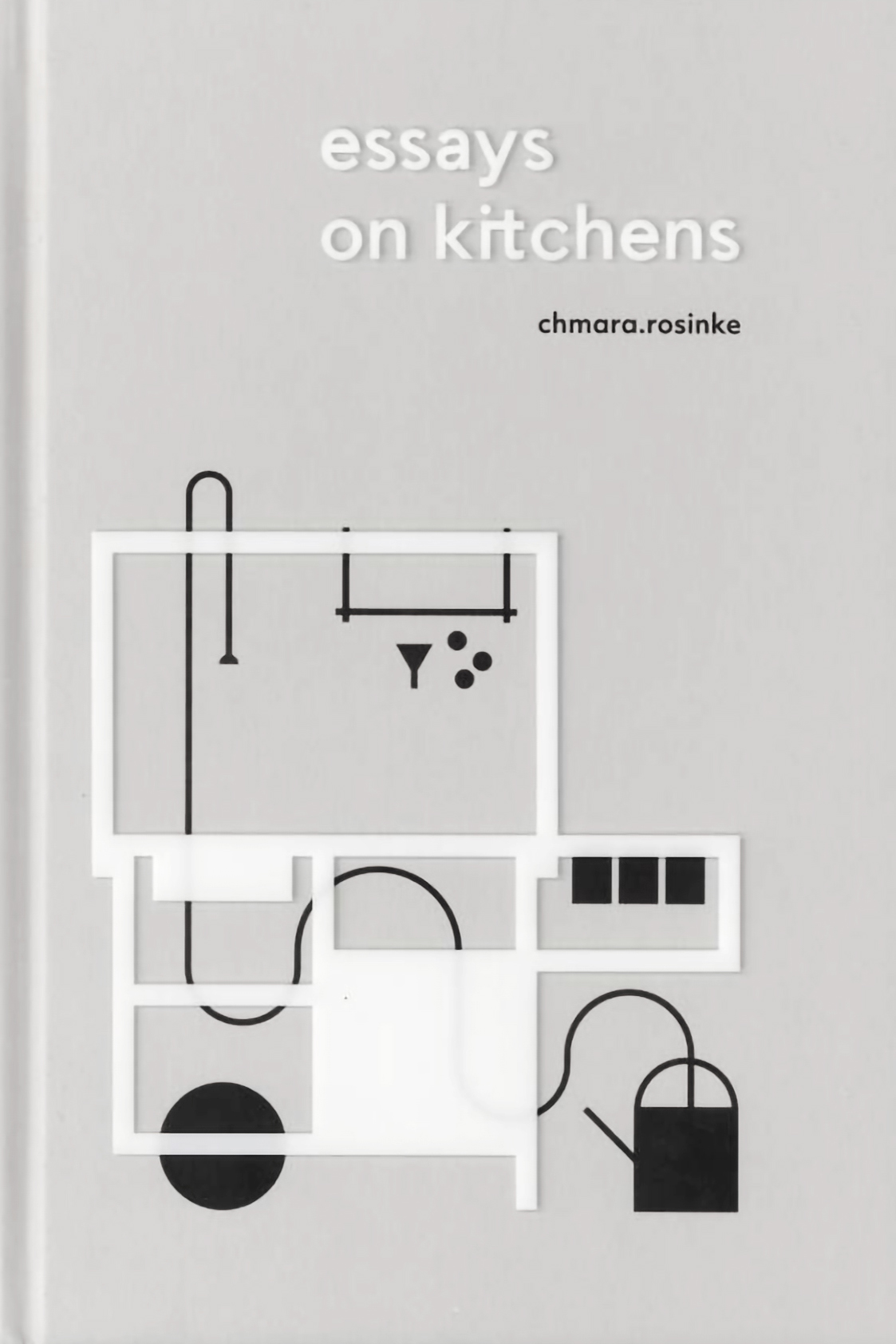“I am standing in a grove of trees”
Text: Sudeep Agarwala
I AM STANDING IN A GROVE OF TREES in northeast India. Everything around me is absurdly green. In fact, I think it must be the greenest place I’ve ever been.
This land is fed by the Brahmaputra River, which comes all the way from Mount Kailash just north of Nepal. It sweeps through the Himalayas on the Tibetan side of the range, where it is known as the Yarlung Tsangpo. As it is about to hit the disputed border between China and India, it makes a sharp kink and floods into Arunachal Pradesh, down through Assam, only to run into its twin sister, the Ganges, in Golden Bengal. Here, the two rivers mix and form the fertile delta that is Bangladesh before passing on into the Indian Ocean.
My ancestors are from this land and—though my parents raised me far away, in America—I weirdly identify with it. The streets here evoke just enough of my summers spent traveling in Kolkata to make things feel familiar. I recognize the vast paddies of rice and fields of jute, the fruit sold on the streets, the color of the soil, even the smell of the cities. But the slight differences that arise start to make the valley seem uncanny. I hear people speaking Asamiya, which is close enough to Bengali that I feel like I should be able to understand it, but distinct enough that I can’t quite make out what is going on. Farther outside the big towns, I hear Sylheti, Chittagonian, even Rohingya being spoken, and I am out of my depth.
I see the occasional temple or vermillion-smeared roadside shrine, all dedicated to local gods I am hearing about for the first time. But soon, the Gods change more fundamentally. I reach a part of India where almost all men wear skullcaps on the road, where muezzins climb slender minarets and announce Fajr at first light. I constantly catch myself bringing my hands together mid-namaskar and pivoting to a clumsy salaam instead. I make do, but only just. In my defense, I am massively jet-lagged, and have been sleeping badly.
I am here on a work trip, inspecting agarwood — trees used for perfume and incense — but this mission seems preordained by older forces. Shortly after the partition of India in 1947, my Hindu grandfather changed our last name from Poddar to the more cosmopolitan Agarwala, rinsing us of our provincial Bengali heritage and evoking long travels to Rajasthan and the Punjab. To scholars of the Mahabharata, this new last name conjures images of King Agrasen and the Solar Dynasty. To everyone else, I am a mere merchant — Agarwala is literally, a peddler (“wala”) of incense (“agar-batti”).
Names portend everything, it seems. For the last 15 years, I have studied yeast biology and genetics, and now I engineer that yeast toward the production of rare flavors and fragrances that are slowly disappearing from the world. Who better to study the world’s most fragrant trees than a yeast-loving incense peddler? Somehow I have walked into a trap set by my family two generations ago.
My hosts collect me at Guwahati and divine within minutes that I am a Bengali from America. The rules of hospitality dictate that I must be made comfortable, and if there is one truth that is self-evident and obvious to anyone in India, it is that Bengalis love fish and must have it for dinner. The driver makes an urgent phone call to the house. I picture a clamor in the kitchen, a race to the bazaar, and try to object, but my kind hosts won’t hear a word of it. I give up, slowly zoning out for our four-hour journey east from Guwahati to the district of Hojai, picturing its sacred trees.
Before I know it, I’m out on the grove, leaves crunching underfoot. The air is still and hot, I am comically sweaty, and my handkerchief has long since soaked to the point where it only smears the gathering beads of moisture from my forehead across my face. It is hard, but I must focus. These trees have been planted and carefully manicured so that after a few years of cultivation, they can be treated with a controlled fungal infection, which rots the wood and lends it its trademark scent. The guide takes me to a bandaged tree and gently unwraps it: it has undergone an infection over the past few months. He picks up some of the agarwood that has turned darker — it is still hard, but comes off the tree with his pocketknife. He rubs it between his palms to release some of the fragrance and lets me smell. It is musty — earthy. It smells of compost more than anything else, but there’s a slight sharpness that seems hauntingly familiar.
As we wander the property, the guide tells me this tree is the only wood that was allowed to be taken from the Garden of Eden, that Adam and Eve wrapped themselves in its bark during their flight from Paradise. In the Hebrew Bible, Balaam uses this same tree to describe the beauty of the encampments of Israel — the tree that was planted by God Himself. The Psalms describe the coming Messiah as being anointed in the fragrance of the wood’s oil. The Prophet Mohammed later on fell in love with the same smell. To this day, its fragrance is mixed with water from the Zamzam well and is used to wash the Kaaba twice a year at the center al-Masjid al-Haram, Mecca, the holiest place in all of Islam. This scent is a conduit of revelation.
Later that afternoon, dozing in a wicker chair in an office next to a processing facility, I am presented with a distilled placed on the desk in front of me, and the facility director studies it closely to make sure the color is exactly right. He is concerned about changes to the process and what this may mean to the oil. He opens one vial and — as it’s too valuable to hand it over — wafts it towards me.
This is the fragrance of memory, my own and everyone else’s. This is the smell we have loved for thousands of years.
So this is the scent of History and Myth, of God and His Prophets. It is surprisingly personal and familiar — a faint memory from the other side of the mirror, somewhere in the land that feeds off the Ganges. I am young, six perhaps, on vacation in India with my parents. My cousins and I sneak into a sparse, tidy room that belongs to the house matriarch, the woman who raised everyone who grew up here, some of whom, like my father, moved away to start new lives in the United States. The room is small with a few chests, an almirah made of dark wood, and a small shrine to a God whose name I do not know. I am not supposed to be here, and my young heart is pounding. In that moment, a lasting association is built: the faint scent that hangs in the air of that private room turns out to be endlessly intoxicating.
It is here now, present in front of me, as I sit groggy in wicker furniture in a processing facility. This is the fragrance of memory, my own and everyone else’s. This is the smell we have loved for thousands of years, that has beguiled the generations, the people I know and love, my grandmother. The conspiracy initiated by my grandfather 70 years ago, perpetuated by scents in childhood and my studies in adulthood, has brought me to this strange, familiar grove, and I start to understand why now: I have to recreate this perfume in yeast.
This new mission leads me to a bigger question: will the scent I create in yeast be real?
I anxiously lay out cake forks and serviettes, and try to explain the problem I’m facing to my guest that afternoon.
An ancient story comes in handy. Theseus sailed to Crete with his army to slay the Minotaur and then sailed back to unite Attica under Athens. He was the hero of the ancient city-state, and for generations afterwards his ship was preserved by its citizens as a symbol of their heritage. So precious was this memory that every time a plank was slightly rotten-through or broken, it was carefully renovated. Centuries passed until all memory of the original vessel had faded. Plank by plank, nail by nail, the entire ship had been replaced by newer, stronger materials, again and again. This raises the question: if every single part of the ship has been replaced, is it still the same ship Theseus sailed to Crete?
There is a silence at the table, and I glance nervously at my guest, Ganesh himself, the god who has the body of a boy and the head of an elephant. I rarely have a deity sitting at my kitchen table for a meal, but in this instance, I am facing a historic conundrum and need all the help I can get. We have a friendly argument over who should be taking notes and decide that we both should: I have my fountain pen and steno pad, my guest sits tusk in hand among his sheaths of birch bark; we share a pot of ink.
He moves to speak, but I interrupt him. “Let me be glib,” I say. “I can solve this paradox by saying that there was no Ship of Theseus to begin with. As he travelled to Crete and back, the ship was constantly changing. It maintained its core property of constant change. The ship never was a stable entity in the first place. Either this Thing we call the Ship of Theseus has always been the Ship of Theseus, or it never was.”
Divinity aside, he looks up from his scattered sheaths of birch, dubious.
I explain to him where I stand now. That, if things go well and all the pieces align, I could create a new living organism that will create the same molecules that lend the trees in Assam its awesome fragrance. I am replacing the rotten wood that is distilled into perfume with yeast strains that can produce the same compounds.
I feel compelled to explain.
“I will take a sample of this amber liquid from the processing plant I dozed off in, and will identify the exact molecules that produce its fragrance. I will design snippets of DNA with encoded proteins that are capable of making this molecule. I will synthesize the DNA and introduce it into a fungal species — a yeast that we have exquisite experience and knowledge of how to manipulate. Using different sugars and growth conditions, I can then grow this new yeast organism that I have created by the liter, by the thousands of liters, in gleaming steel fermentation vessels. It will be the same as the perfume from the rotten wood, to the molecule, practically.”
“This could mean that someday we wouldn’t need to mow down these splendid groves to attain their precious fragrance. What’s more, we could make sure that this fragrance will be fixed for the rest of humanity for all time. We could divorce this oil from its various plant species, growth conditions, and processing technologies. We could democratize it so it descends from its station among prophets and Messiahs, and becomes available for everyone to know and love.”
Perhaps I have been talking too much. I look up to see the last of the sweets gracefully plucked by the elegant trunk. I know there’s a flip side here, and I must explain: the power of this process is one of the reasons I’ve not been sleeping. I worry that I may end up taking away something important and foundational from a scent that has been dear to the world throughout history.
“I know that it may all be fiction. It’s impossible to say whether the plant mentioned in the Bible is the same one that is written about in the Vedas, the same one so beloved by the Prophet Mohammed.
Who knows how that all relates to the oil in my grandmother’s room, or the ampoules on the production facility I traveled to? These experiences and these memories, both historical and mythological are superimposed on each other in a way that weighs on us.”
Perhaps I should stop myself there. Is it rude to tell my guest what a burden immortality is?
I hesitate to remind him of his own story: how he was created as a boy with a human head by his mother. How he was instructed to stand guard over her and protect her while she was bathing in a grove. How Shiva approached the two of them, and how, as a boy, he valiantly, but in vain, fended off the powerful god. How he incurred the wrath of the god and was beheaded by his trident, killed instantly. How his mother, grief-stricken and enraged, threatened to burn down all of Creation unless her beloved boy were brought back to life. How she demanded that he should be made immortal and worshipped as a god. How Shiva was chastened and feared her, immediately sending out his servants to bring the head of the first creature lying dead with its head facing north. How they returned with the head of the elephant demon Gajasura, whom Shiva had defeated in battle. How he was revived and attained immortality only after the gods spliced the elephant head onto the body of the boy. That this is how he, in his immortal form, sitting at my kitchen table, enjoying the final scraps of tea, came to be unchanging and eternal.
The break in the conversation grows longer. I remind myself that in the annals of Sanskrit literature, my elephant-headed guest is also known as Swaroop, the Lover of Beauty. We stare at each other silently, deep in thought.
The sun is setting on our garrulous Sunday afternoon adda. It’s almost dinnertime and my guest makes a polite excuse and leaves. I need to clean up the mess on the kitchen table. The fruit I had cut in preparation for this meeting has long since browned in the summer heat. All around the house the fresh-picked flowers I placed as offering and decoration have withered and will have to be swept up. Looking around the room, there are no more elegant plumes of smoke streaming upward from the incense that I burned to welcome him into my home. Now, in the lengthening shadows, there are only tidy piles of ash scattered around the table and floor. Their fragrance is fading away.
this article initially appeared at Growbyginkgo.com

















































